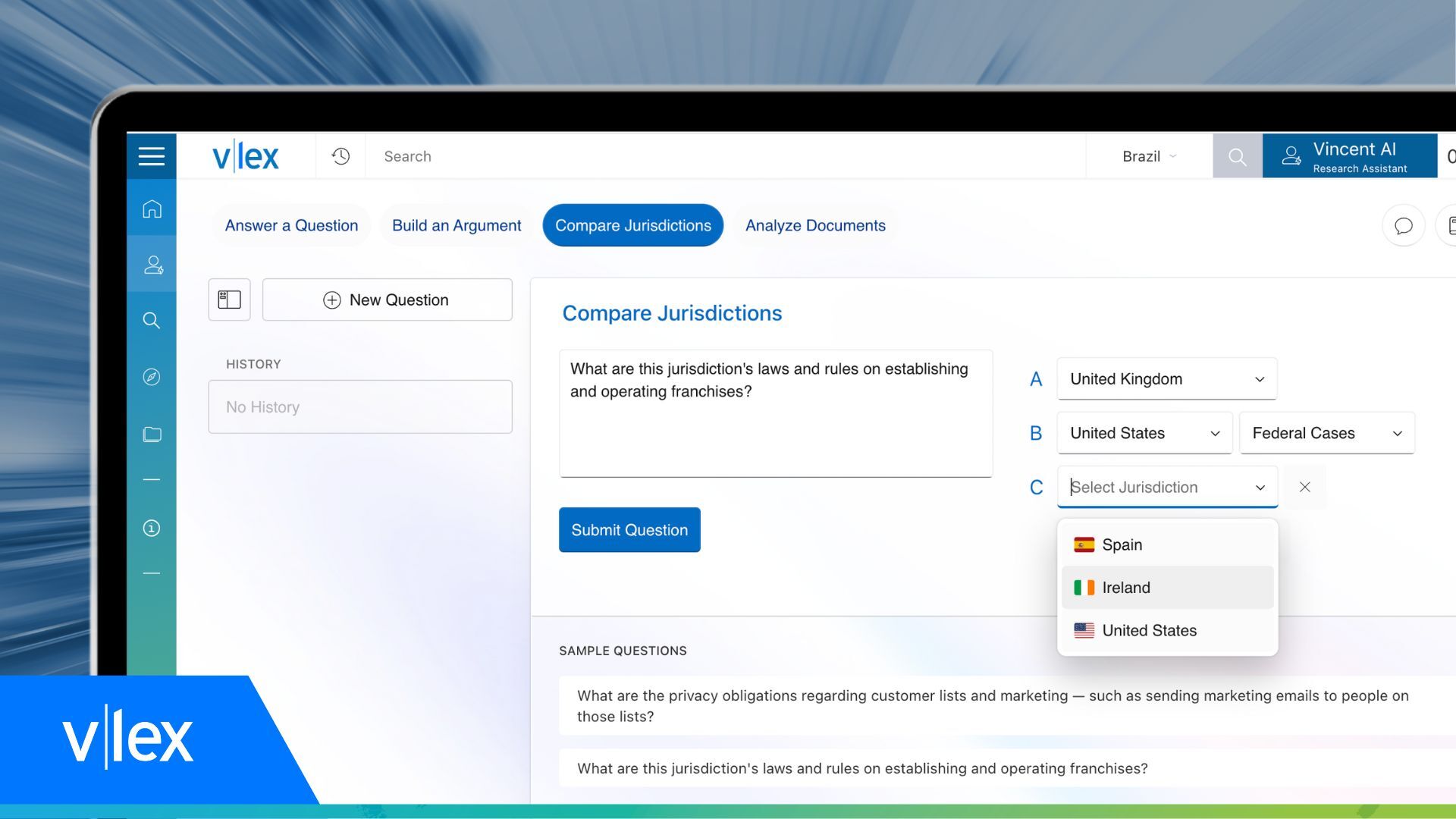Court Closings Announced; Illinois US District Courts Weigh Weekly Shutdowns
Updated: In a drastic measure to deal with severe funding deficits, the U.S. District Court for the Northern District of Illinois may shut down every Wednesday beginning in January 2013.
The proposal by Chief Judge James F. Holderman comes as lawmakers struggle to reach an agreement for reduced federal spending, which could force government agencies to make automatic, across-the-board budget cuts that will eliminate $1.2 trillion in costs over 10 years effective Jan. 2, 2013. His actions preempted the announced closings of six non-resident federal court facilities Thursday in an on-going effort to avoid the worst-case-scenarios of sweeping cuts by the Judicial Conference of the United States.
“As a result of the across-the-board cuts … the Northern District of Illinois will have no choice but to periodically close our courthouses’ doors in Chicago and Rockford and furlough staff due to a lack of funding,” Holderman wrote in a letter (PDF) sent to 45 Illinois bar associations and legal organizations.
In the proposal, Holderman suggests courts may halt all civil and criminal court proceedings every Wednesday from January 2013 through September 2013 to meet budget demands, and also limit the supervision of convicted felons on post-incarceration release and criminal defendants out on bond. He asked for the letter’s recipients, including the American Bar Association, to specifically outline the probable impact of such actions and will send the information to the Administrative Office of the United States Courts.
Numerous delays in criminal matters accompanied by significant costs for longer pretrial detention, possible early release of defendants who pose a public safety risk, and a large-scale economic toll on litigants are among the dire concerns ABA President Laurel G. Bellows cited in her response (PDF).
“Economists who have calculated the direct and indirect costs of such delays conclude that there is no net benefit of these cost reductions,” Bellows wrote, summarizing recent findings of the ABA Task Force on the Preservation of the Justice System.
“The failure to adequately fund our courts also threatens the checks and balances of our constitutional system,” she adds. “Adequate funding is necessary to protect judicial independence and the fundamental rights of all citizens.”
In addition to today’s announcement to close courts in South Carolina, North Carolina, Mississippi, Texas, Alabama and Kentucky, the Judicial Conference also asked district court units to adopt shared administrative services, took specified measures to curb printing and mailing costs, and approved the national implementation of a program to provide free online access to court opinions, according to a news release.
“We estimate sequestration [the freezing of a government agency’s funds] would cut the Judiciary’s budget by more than $500 million below the 2012 funding level,” Judge Julia Gibbons, chair of the Judicial Conference Budget Committee, told members of the policy-making body for the federal court system. “Quite simply, a reduction of this magnitude would cripple the operations of the federal Judiciary and our constitutional mission would be compromised due to these sudden, arbitrary budget cuts.”
Updated on Sept. 11 to include the actions of the Judicial Conference of the United States.



